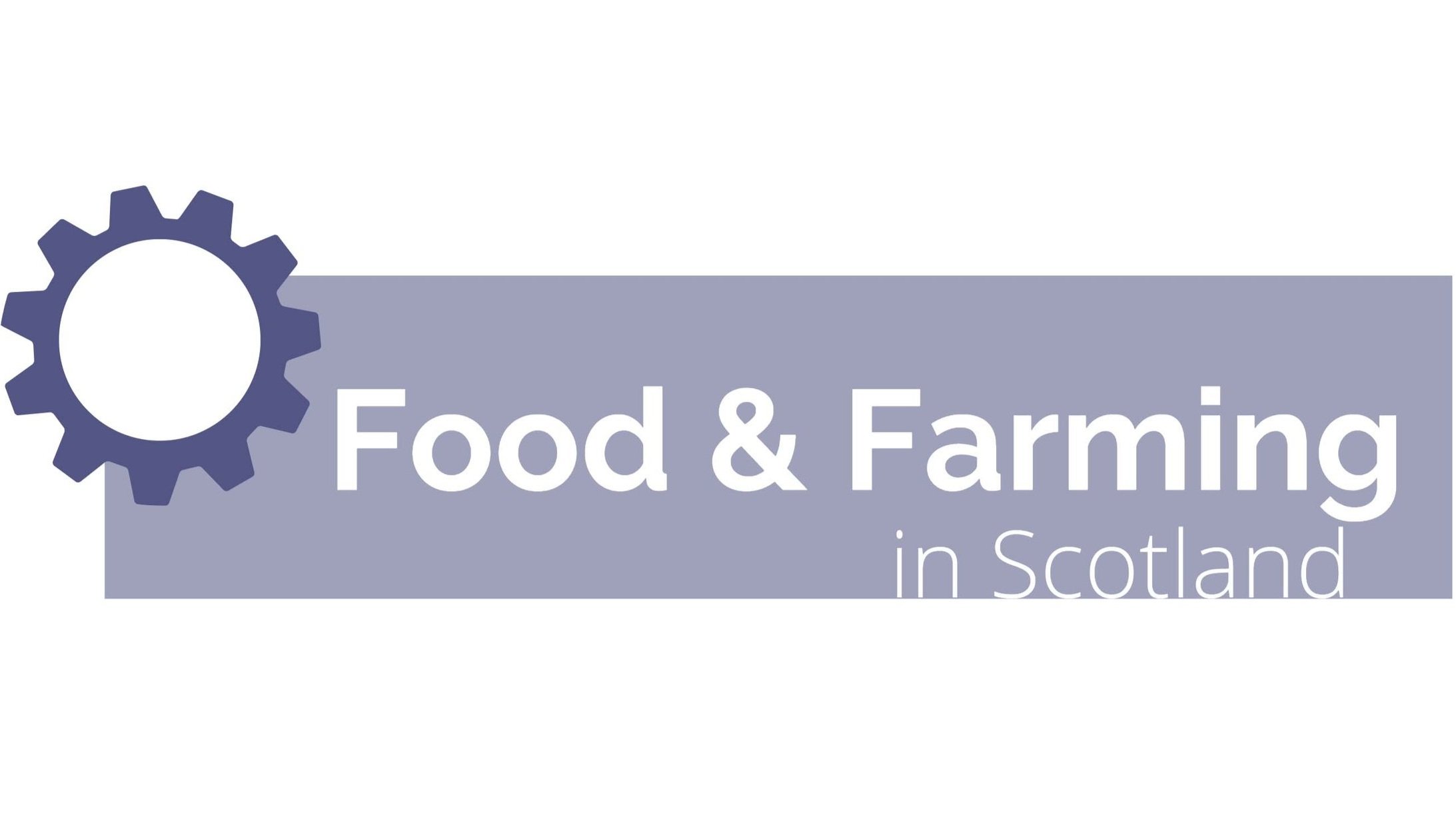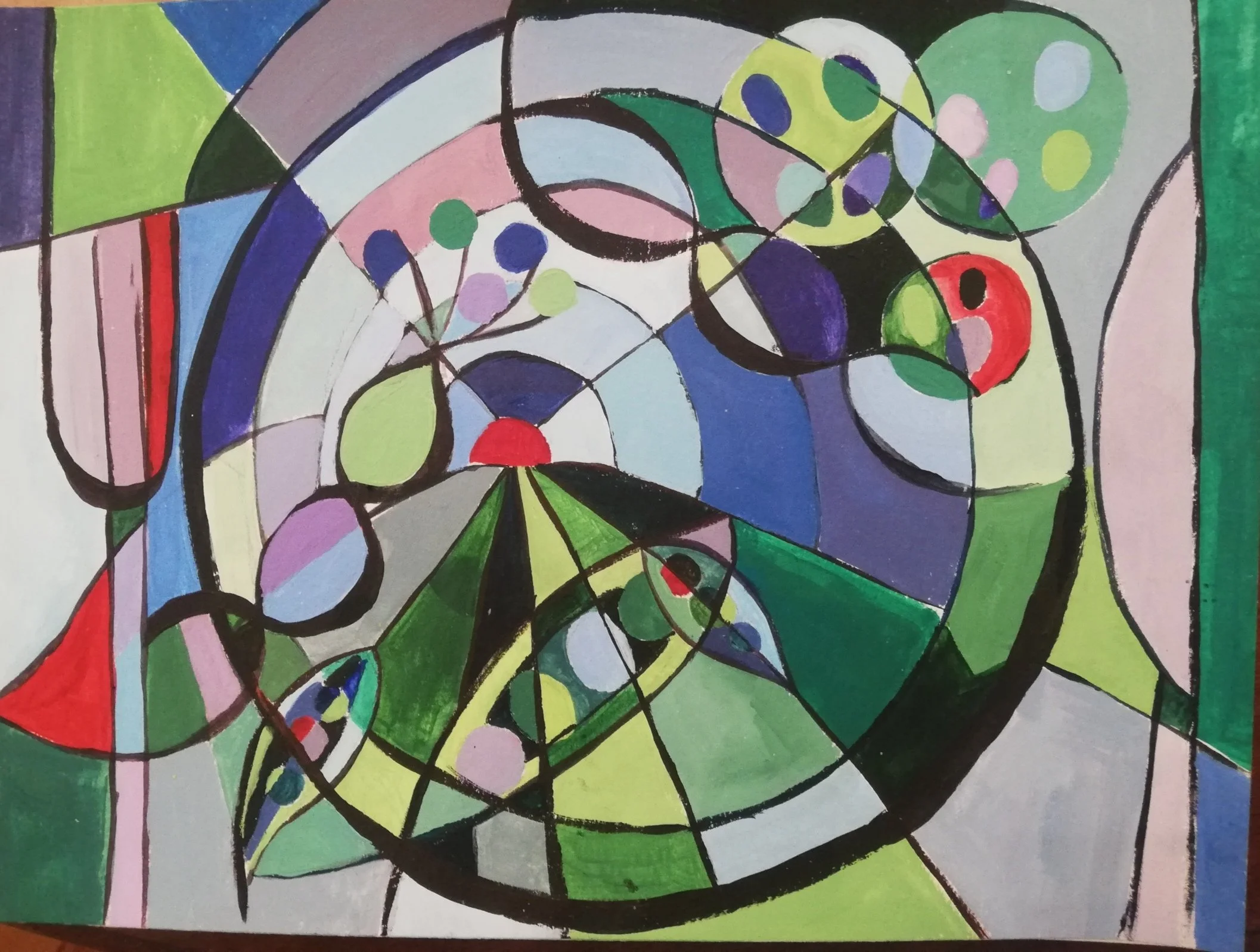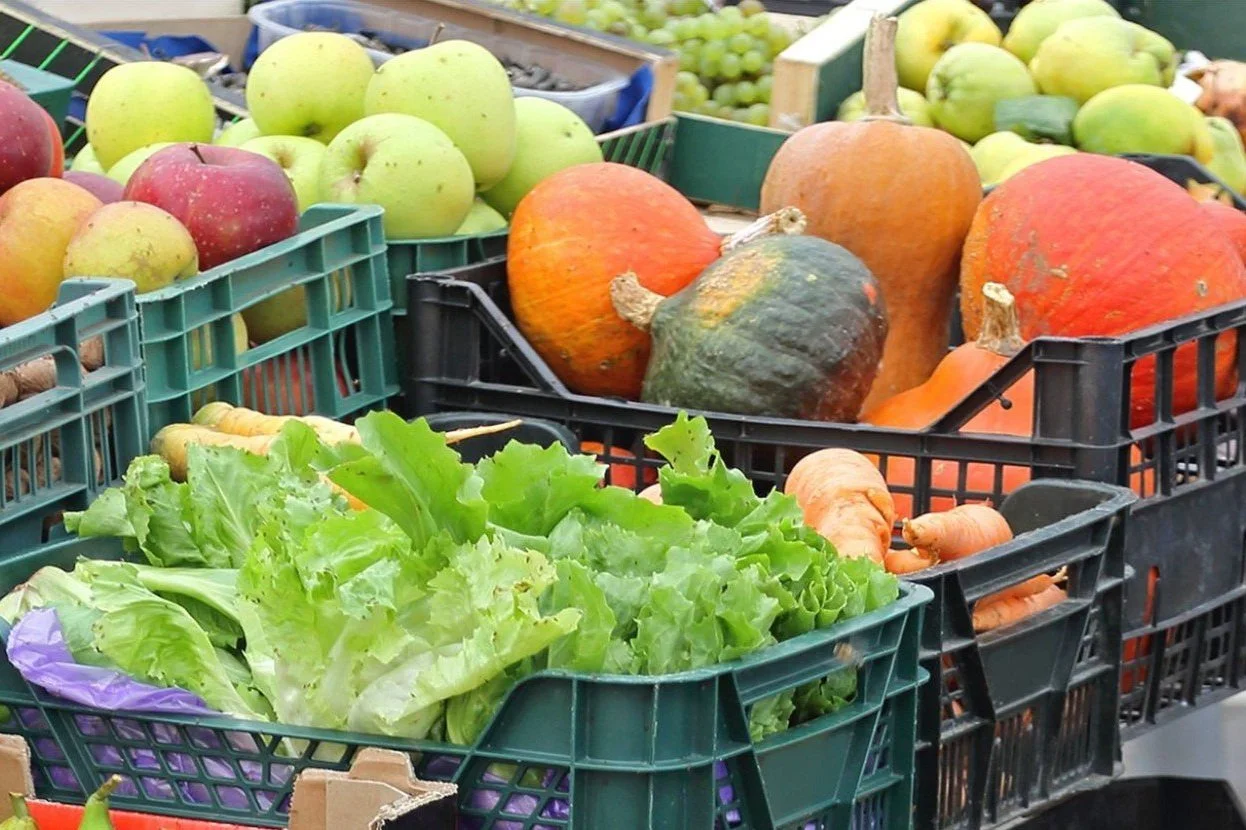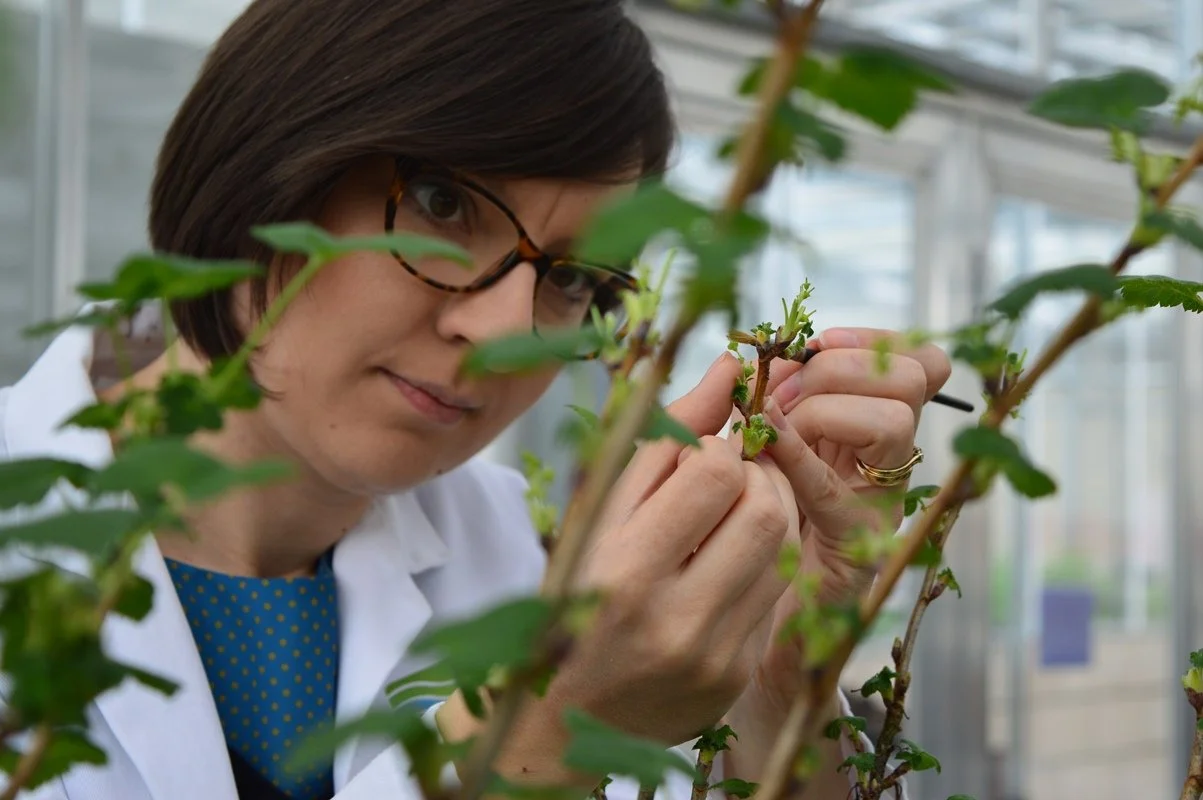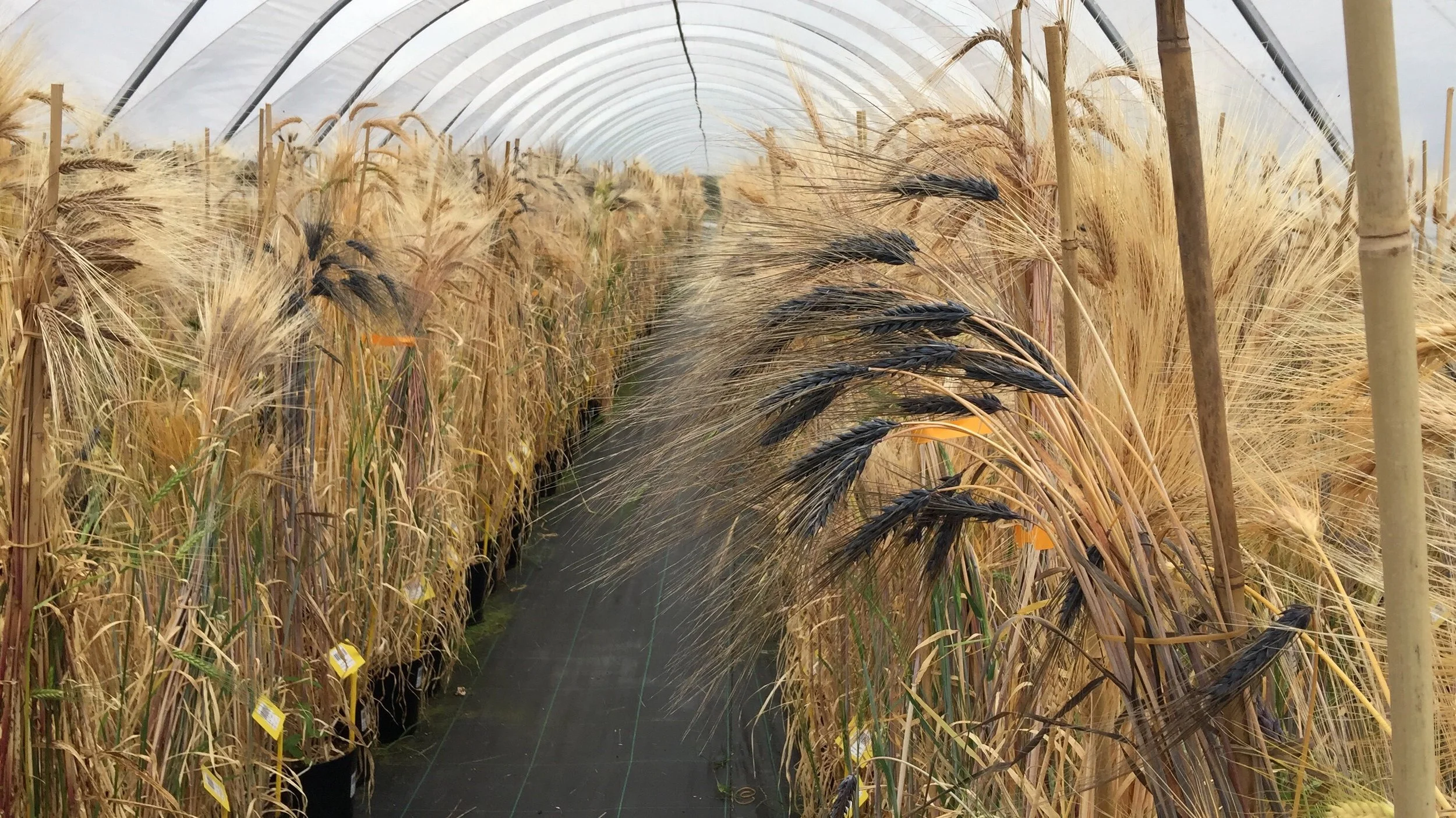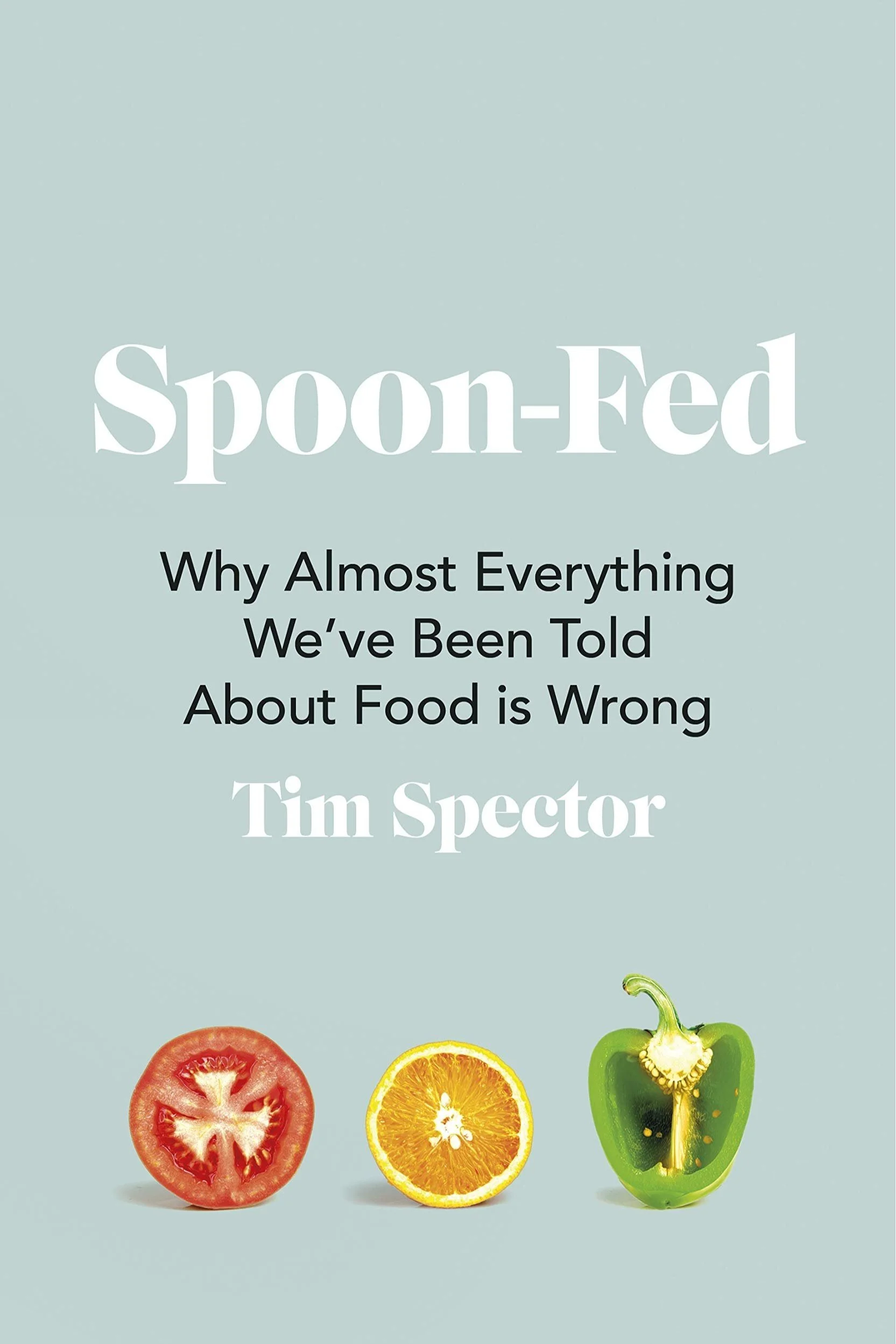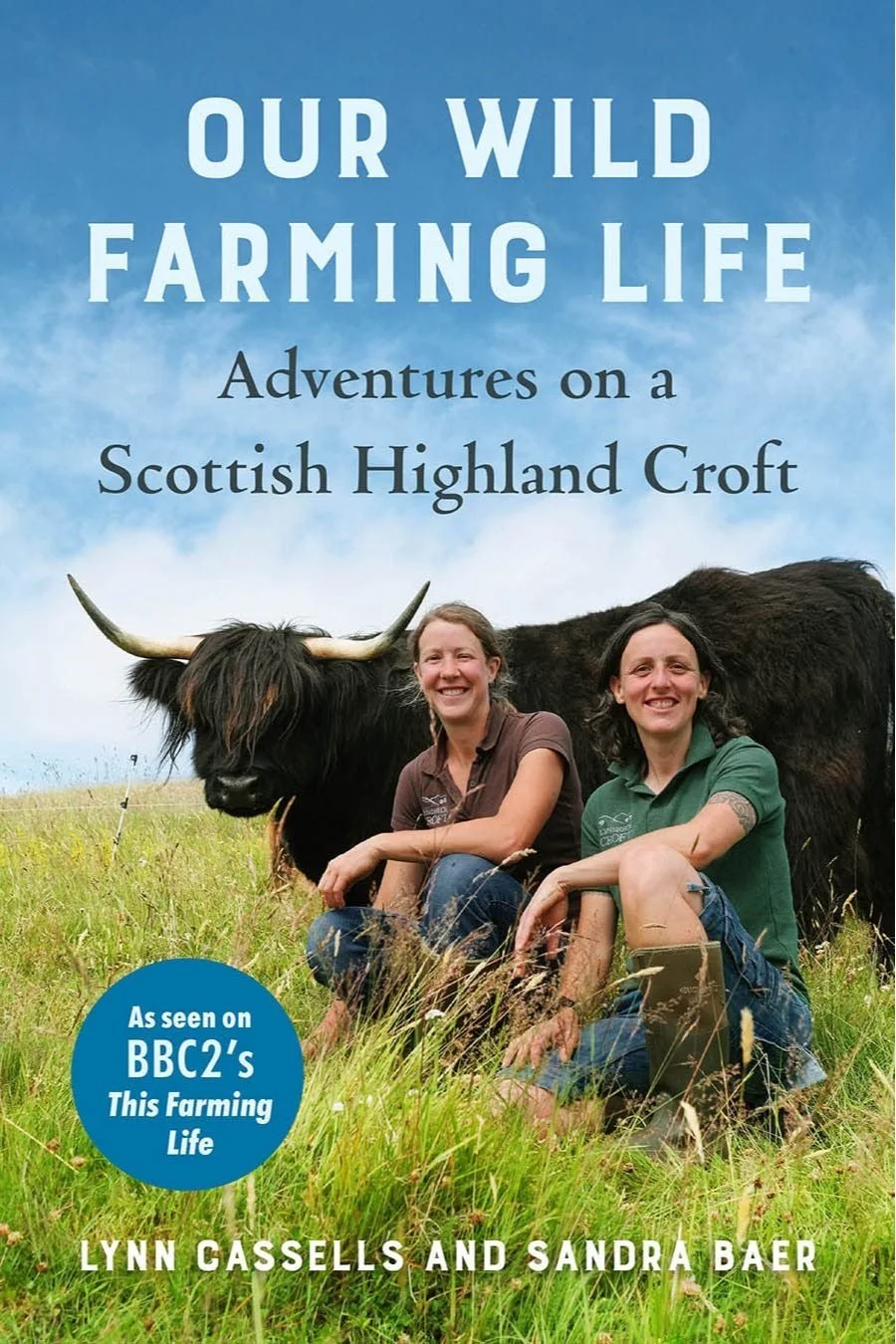Food systems cover the activities involving the production, processing, transport and consumption of food. Farming has a key role to play in reducing emissions causing climate change and addressing the biodiversity crisis. Farming and food systems are related to Biodiversity, Energy, Access & Ownership and Education.
Key Policies in Scotland
These are the key policies and current consultations on farming and food systems in Scotland.
Future of Food
These reports give an overview of where we are now on sustainable farming and food and outline opportunities for the future.
Courses and Funding
-
Your food unites you
with the earth beneath you.
Life’s first-formed – tiny, invisible creatures -
gather from rock, and water, and air,
what the rest of life is built on.
They pass these on, these golden letters,
in conversation with the roots of plants.
Both are ears and tongues, at once – taking,
giving, the necessities of life,
and sugar made from sunlight,
so that tiny life, and plants, can live.
The goodness of the rock is useless
if we do not have the sun.
The brightness of the sun builds nothing
if we do not have the soil,
the dark box of talk.
Soil is where light and darkness meet
and create life.
This is where words have their beginning:
the golden letters of the earth,
the sun’s breath to speak them.
They are in the wheat, that waves,
in summer sunlight, under skies
of rain and wind.
The whole of the world
is in this grain of wheat,
to be ground, mixed with water,
livened by the heat of human hands,
that touches air’s yeast to life.
Your knuckles, palms – all they have known -
are pressing the dough.
The lines on your hands:
threads to join the air and ground.
Here is your food. Bread
made by the words in your blood,
baked to be eaten with others
at a table out of doors,
in a warm evening, with a plain white cloth
on which shadows may be intertwined.
Podcasts
Talks & Videos
Books
-
Raj Patel’s Stuffed and Starved takes a long and wide view of food production, to show how we all suffer the consequences of a food system cooked to a corporate recipe. This is also the story of the fight against the unthinking commerce that brings it to us. In the wrecked paddy fields of India, in the soy deserts of Brazil, in the maize ejidos of Mexico, the supermarket aisles of California, French McDonald's and Italian kitchens, there's a worldwide resistance against unhealthy control of the food system.
-
Through his pioneering research, Professor Tim Spector busts these and many other myths about food. Spoon-Fed explores the scandalous lack of good science behind many diet plans, official recommendations and miracle cures, and encourages us to rethink our whole relationship with food - not just for our health as individuals, but for the future of the planet.
-
Natural Farming carries a simple but widely overlooked message- healthy soil makes healthy plants, which in turn make healthy animals and healthy people. The book explores the consequences in the soil of applications of superphosphate and other artificial fertilisers over decades, and explains soil chemistry in terms that every farmer can understand. It equips the farmer to get the best from the land using environmentally sustainable methods which save time, expense, and worry and to supply the rising global demand for pure food.
-
A Croft in the Hills, first published in 1960, is now acknowledged as a classic among Highland books. It captures, in simple, moving descriptions, what it was really like trying to make a living out of a hill croft near Loch Ness fifty years ago. A couple and their young daughter, fresh from city life, immerse themselves in the practicalities of looking after sheep, cattle and hens, mending fences, baking bread and surviving the worst that Scottish winters can throw at them.
-
In Our Wild Farming Life, Lynn and Sandra recount their experiences as they rebuild their new home and work out what kind of farmers they want to be. They learn how to work with Highland cattle, become part of the crofting community and begin to truly understand how they can farm in harmony with nature to produce wonderful food for themselves and the people around them. Through efforts like these, Lynn and Sandra have been able to combine regenerative farming practices with old crofting traditions to keep their own personal values intact.

